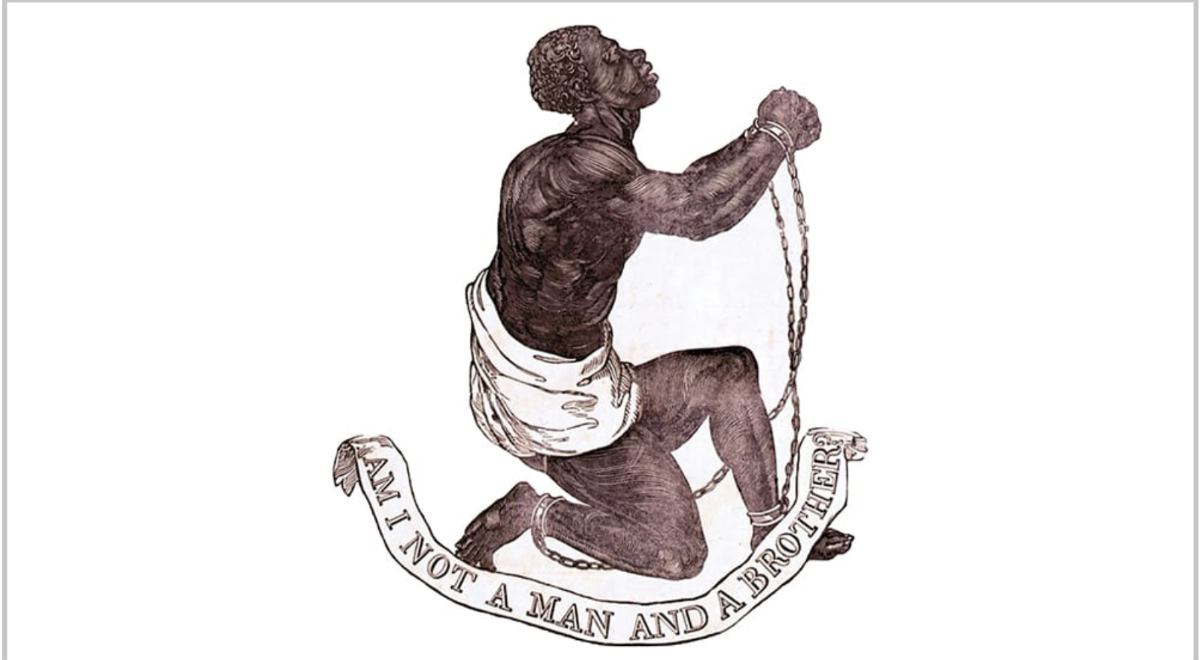The “official” duty ethics of Immanuel Kant (1724-1804), as presented in the main ethical works from the critical and late-critical period, is universalistic and objective; all people are included in the moral community and the theory applies regardless of cultural and ethnic dividing lines. In the essays Beobachtungen über das Gefühl des Schönen und Erhabenen, Bestimmung des Begriffs einer Menschenrace, Von den verschiedenen Racen der Menschen and Über den Gebrauch teleologischer Principien in der Philosophie as well as in the Anthropology lectures, Kant, on the other hand, carefully distinguishes between different peoples or “races” and sees in altogether to think that only men of the white race are capable of fully developing reason. The other races, on the other hand, are only capable of varying degrees of limited reason. Here there is a clear parallel to the way Kant interprets the relationship between men and women. Does this mean that Kant's ethics are strictly reserved for white people, i. e. white men, and that the other “races” fall outside the moral community?

In this lecture, Associate Professor in Philosophy Fredrik Nilsen will discuss this question and argue that we must consider Kant's ethics from two perspectives. The first is the “actor perspective”, which points to a fundamental difference between human types, as they do not have the same ability to develop into “moral actors”. The second, the “dignity perspective”, on the other hand, refers to a fundamental equality between human types, as all must be regarded as “persons” who are carriers of the same inherent value and dignity. The distinction between moral actors, i.e. actors who have inherent value and dignity, and at the same time are in possession of the ability to act morally, and persons who have the same inherent value and dignity, but who lack the ability to act morally, thus contributes to a nuanced and two-part answer to the question of racism in Kant’s ethics: Kant’s ethics has clear racist (and sexist) elements when it comes to practicing the ability to be a moral actor, but the same theory is universalistic and culturally independent when it comes to inclusion in the moral community. Although non-white peoples lack the ability to impose the commandment of moral reason (the categorical imperative) and to base this commandment on their actions, such peoples are at the same time included in the moral community and have a claim to respect for their intrinsic value and dignity.
The event is part of the Gender Awareness Week organized annually by the Center for Women's and Gender Research at UiT The Arctic University of Norway.